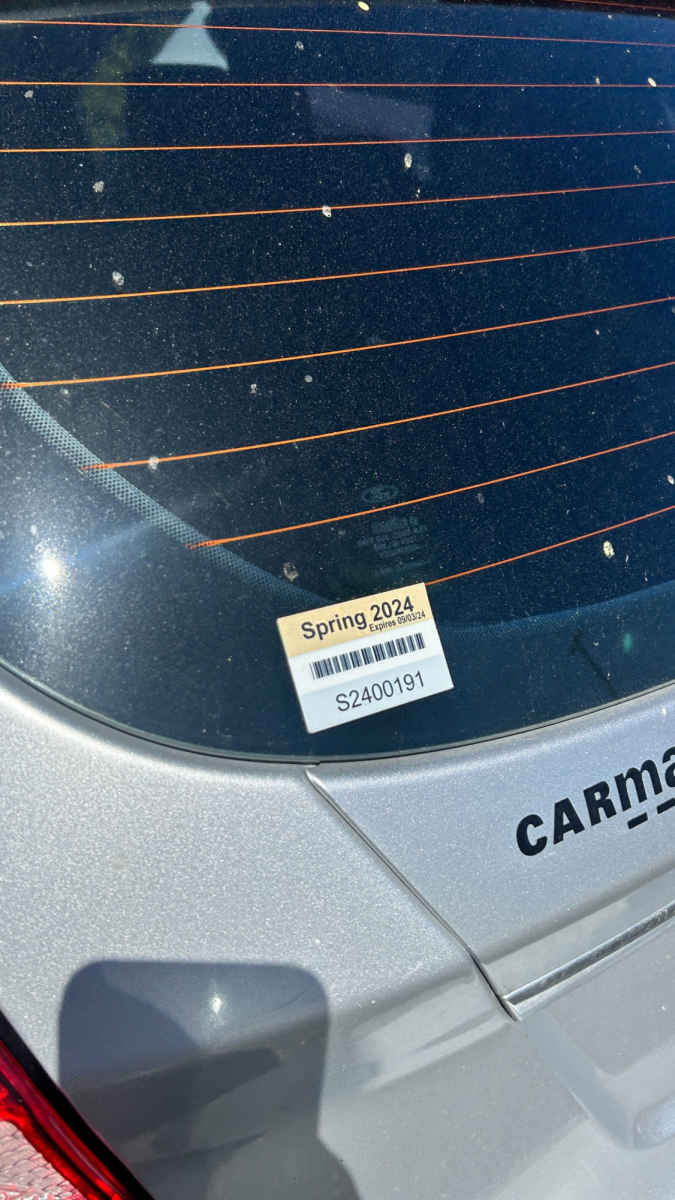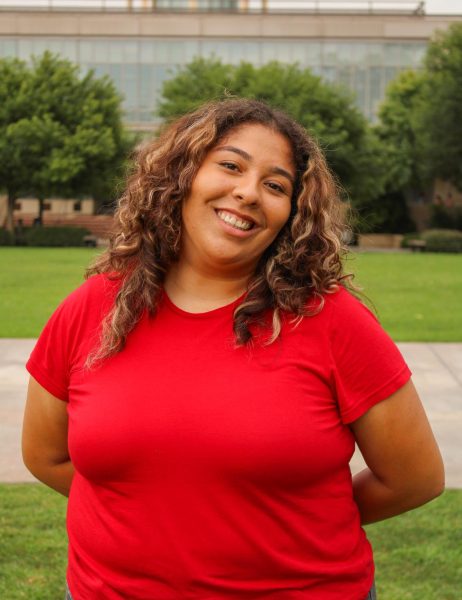Paying over $100 to park at a campus where students are charged over $20k a semester to attend is absurd, and so over the past few years, students have gotten incredibly crafty in steering clear from getting caught parking on campus without a permit. However, as creative as they become, It has caused a variety of problems on Biola’s campus. So how did the parking permit situation evolve into the monster it has become, and do we solve the issues it has caused?
THE STATISTICS
John Ojeiskhoba, chief of Biola University Campus Safety, was also able to provide some valuable statistics as to the breakdown of the percentage of parking violation citations handed out by Campus Safety in 2023:
- 43.6% are for Permit not Displayed/Expired
- 25.2% are for Permit Improperly Displayed
- 7% are for illegal parking
- 5.6% are for parking in a Visitor Stall
- 3.8% are for Disabled Parking
- 3.3% parking in a designated space (Resident Director stall, etc.)
- 2.2% overtime in timed zone
- 2.1% failure to stop at a posted sign
- 1.4% Reckless Driving
- 0.9% Red zone
“The majority of non-safety related tickets are written by our student workers,” Chief O said. “With the level of staffing we have, we want our officers concentrating mostly on what pose as safety and security risks and supporting our students. Our tickets do not go to the court system. We are not any different from many private colleges and universities where security departments similar to ours write tickets for parking violations and more.”
Considering that Campus Safety is not a sworn peace agency, such as the Los Angeles Sheriff’s Department that serves the La Mirada jurisdiction, they do not enforce California Vehicle Codes as the LASD does.
Initially, the solution was to change our enforcement of these permits by taking authority away from Campus Safety and diverting resources to a new sub-department that would solely handle parking violations. However, now it is wiser to leave parking and permit enforcement to the school.
If LASD were given access to our campus to handle ticketing issues, the harshness of financial penalties would increase significantly beyond what the school imposes. For example, the ticket for parking in a (handicapped) accessible spot at Biola is $110 on your first offense while a first offense for a LA county ticket starts at $363. Paying over three times the fine for the same violation would create a rigid punishment system that does not serve the needs of the students or the school. In addition, this does not even include the insurance cost hikes that come from violations, which, because Campus Safety tickets do not go into the court system, are avoided with school tickets.
Instead of changing enforcement, perhaps a more effective solution would be to eliminate the cost of permits. A lower cost would lessen reverse parking to avoid having to pay for the permit, and would greatly improve the quality of parking on campus.
This echoes the sentiments of the student body, who have found that parking backward is the easiest way to avoid having their lack of a permit discovered. Considering such a large percentage of accidents are caused when a car is traversing backward, estimated to have injured 12,000 people nationwide through backover accidents alone, we would likely see far less incentive to park backward, leading to fewer accidents on campus. The pressure on students to park in unusual spots that will not be caught by Campus Safety has greatly diminished the quality of parking on campus.By removing that financial disincentive of a major fine, students will be encouraged to park legally, forward facing and far better than they are right now.
As the old proverb says, necessity is the mother of invention. The necessity of avoiding overburdening parking permit fees and a ticket system that does not work in the interests of students has led to innovation that have greatly dampened Biola students’ overall student experience. If the administration understood this philosophy and the financial struggles of the student body, who are already paying over a thousand dollars during their undergraduate time at Biola just to park, they might grasp that a less significant cost would allow more students to purchase it, and greatly benefit the overall student driving and parking experience. Considering the extreme cost of tuition on the student body, excessive parking permit charges feel like yet another unnecessary squeeze on an already strained student body. Then, considering the safety concerns caused by students’ solution to this problem, it simply makes more sense to stop promoting artificial scarcity of an abundant resource, parking spaces. Should the school eliminate the charge for a parking permit, students’ overall parking experience would be greatly improved, potential for accidents would be lowered, and we would all stop feeling like Biola administration is squeezing us to the last drop of money.











